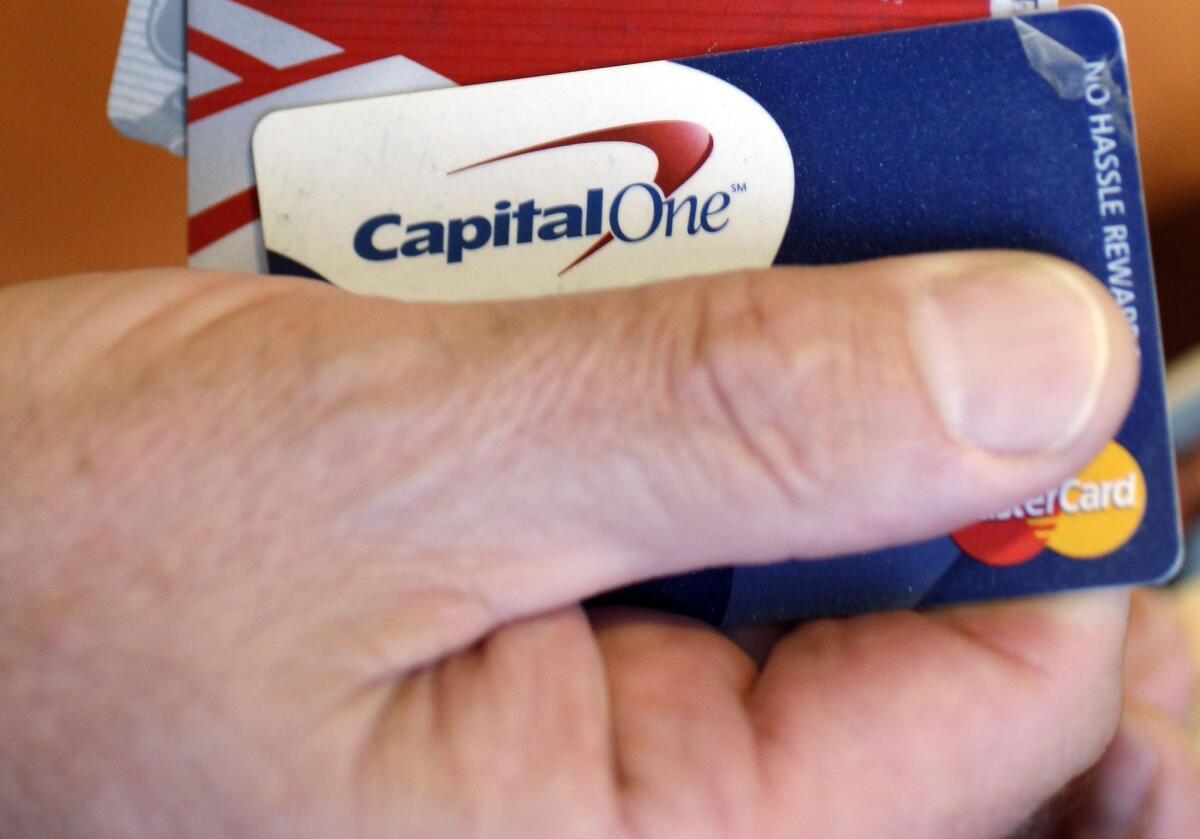Regulator urges banks to give consumers free monthly credit scores

WASHINGTON -- With few Americans checking their credit scores annually, a top financial regulator is urging banks to make the information more easily available by including it for free on monthly credit card bills.
The request from Richard Cordray, director of the Consumer Financial Protection Bureau, came as the agency reported that inaccuracy was the top consumer complaint about credit reports.
“Credit reports and scores can determine the terms of people’s mortgages, whether they qualify for auto loans or if they are eligible for different credit cards,” Cordray said. “Making consumers’ credit scores freely available on their monthly statement or online makes it easier for them to spot problems with their credit report.”
A few credit card companies, most notably Discover Financial Services, now include a customer’s credit score on monthly statements.
In a letter to major credit card issuers, released Thursday, Cordray said he wanted to “strongly urge” them to follow suit.
“We need to get more Americans to pay closer attention to their credit standing, which would benefit lenders, consumers, and the national economy,” Cordray wrote in the Feb. 10 letter. “You can now, relatively easily, help us achieve this goal.”
Cordray said the bureau considers making regular, free credit scores available to customers to be an industry “best practice.”
FICO, the company that provides credit scores, recently said it was negotiating with other large credit card companies to provide scores on customer bills.
Under federal law, Americans are entitled to a free credit report each year, but less than 20% check their credit report annually.
Consumers who want to check their credit reports more frequently have to pay for them.
Richard Hunt, president of the Consumer Bankers Assn., said the industry trade group supported “efforts to expand consumer financial awareness and understanding.”
“The CFPB rightly points to the value of credit information and appears to be approaching this issue informally in order to allow each financial institution to create a workable solution,” he said. “However, no institution that receives a letter from its regulatory agency ‘strongly encouraging’ an action views the request benignly.”







